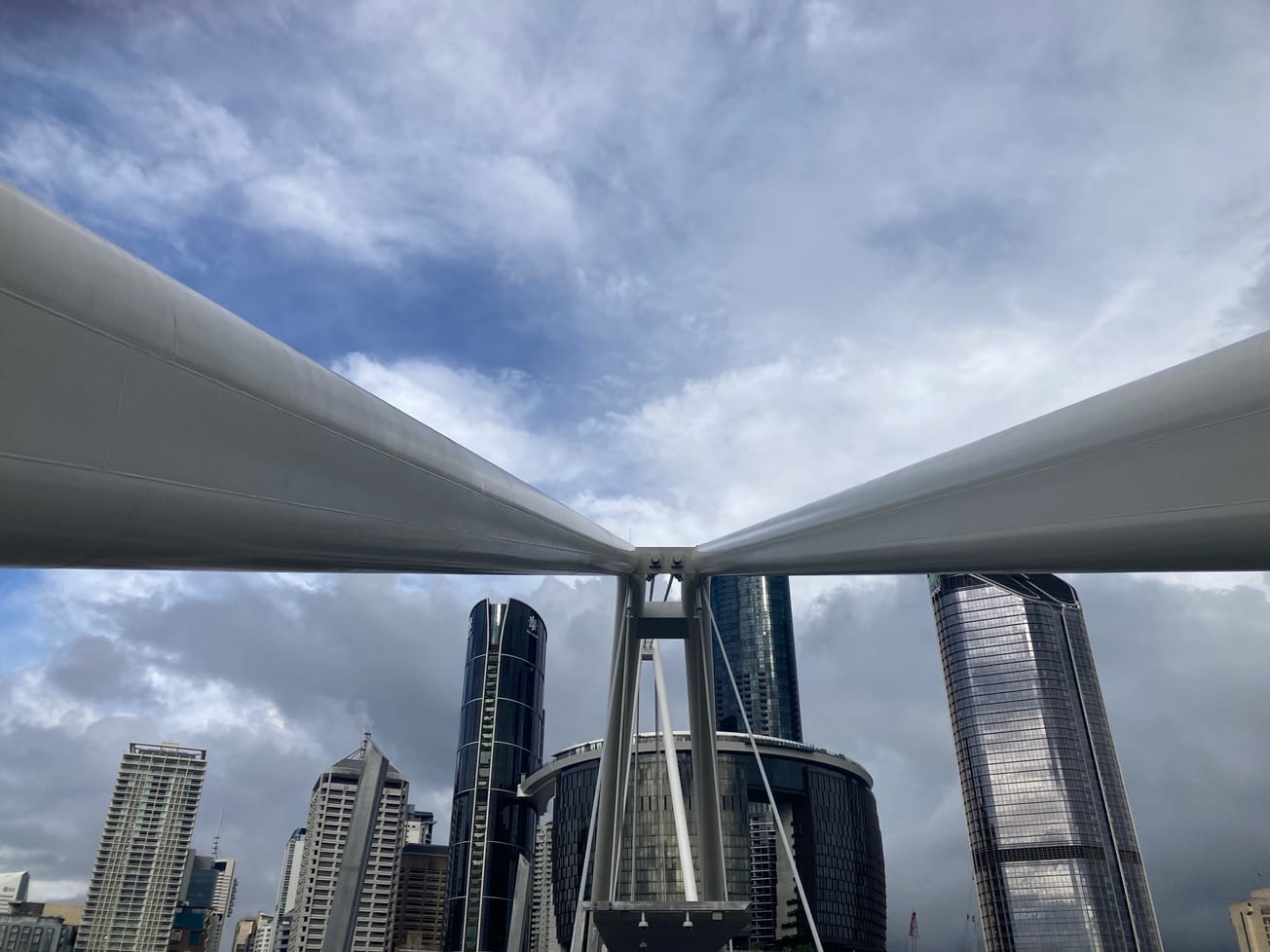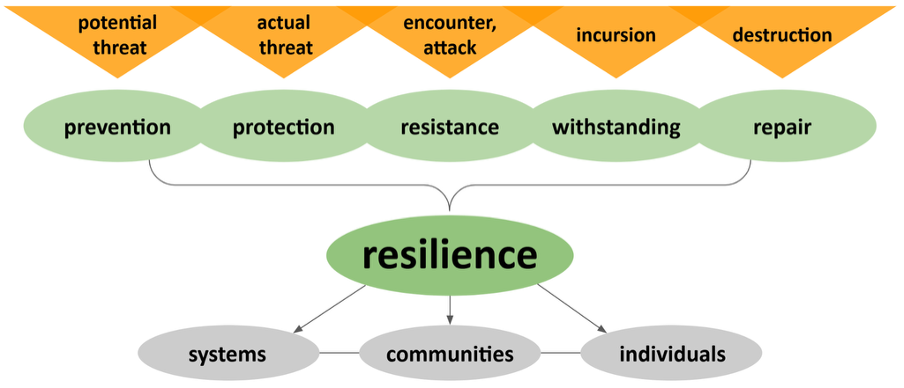This post is second in a four-part series on a modern system for research communication, by Jennifer Gibson. The first post, on the shape and impact of research communication is available here. Reactions from readers are very welcome. Please use the commenting function.
________________
Now, as I wrote a moment ago, I have some strong ideas about how research communication should work, which you might guess based on my work to date. I’ll share those soon, but first I’d like to emphasise that my ideas have changed shape. I’ve learned things over the last couple of years that I didn’t know before, and my perspective has moved.
I thought I knew how academic publishing emerged, and how it developed the frailties we now talk about. But, it strikes me now that my perspective has been and is inherently “Western”, shaped by my experiences in Canada, the North-Eastern U.S. and England – and a really compelling Guardian article about World War 2 and Robert Maxwell (Buranyi, S. 2017. “Is the staggeringly profitable business of scientific publishing bad for science?” The Guardian).
I've found that I didn’t know at all – or, now, I’m not really sure. A series of things have caused my perspective to shift – some that have affected us all, since COVID.
The different globes pictured above reflect how I feel my view has changed. On the left is a photo by Greg Rosenke on Unsplash. My home province in Canada, Alberta, is featured around the middle. On the right is an installation in central London, by Mark Wallinger, that makes its own point. (Follow the link if you don't see what I mean).
The first is thing that hit me is, of course, the pandemic and starting to work entirely online. In this time my work has included helping with the OASPA (Open Access and Scholarly Publishing Association) conference, which as an exclusively online affair has connected us with colleagues that we otherwise wouldn’t, meeting as we usually do in Western Europe. We heard live from India, China, Australia, Indonesia, South Africa, Argentina, Uganda – and even Canada, among others (I'm joking when I highlight Canada).
The second is the urgent cry for diversity, equity and inclusion that penetrated my notice – and others’ – with the murder of George Floyd in early 2020.
In this case, I had an inkling of how I wanted to respond, what I wanted to change in my world (and how huge these problems really are), thanks to the early-career scientists I’ve had the chance to work with at eLife. (There are too many to name, but they include the members of eLife's Early Career Advisory Board and the community-managing team over the years). As advisors, collaborators, fellow team members and sparkly guiding lights from around the world, they introduced me to the problems of bias, exclusion and hierarchical imbalance. Through them I learned the frailties in research culture (and perhaps culture more broadly). And, through them I learned about safe places, codes of conduct, and steps we can take to just talk to one another respectfully. I am grateful.
Four lessons for the future
To summarise how my view has changed, allow me to make reference to four inspiring colleagues, whom I’ve had the honour to work with, or just hear from in this time. I’m not quoting any of them directly.
1. No one owns the route to knowledge.
Inspired by James Tumwine, Professor Emeritus of Makerere University and Professor of Paediatrics and Child Health at Kabale University in Uganda
James Tumwine spoke at the OASPA 2021 conference, so his remarks are captured here.
The systems we rely on for validating and sharing knowledge – our publishing systems, which underpin teaching and research, are lacking. Our systems fail to recognise the creation of critical knowledge on the ground in communities everywhere. Dr. Tumwine talked with the conference about farming, midwifery, child-rearing and medicine in the rural village where he grew up. He emphasised that knowledge of how to safely bring a child into the world or manage crops in drought isn’t codified in any scientific journal, or even taught formally in a classroom where he was. (Dr. Tumwine also reminded us that such communities – impoverished communities – persist in the United States as well as Uganda.) Yet, this knowledge is critical for this community.
So, I find myself asking: if we were to design a knowledge system today and for the future, how would we build it to include and support these communities?
2. There are skills we rely on and fail to recognise.
Inspired by Daniela Saderi, Co-Founder and Director of PREreview, Portland, USA
PREreview is an initiative that organises review of preprints by communities that aren’t adequately represented in ongoing peer review processes. Working outside the publishing establishment, and building on the increasing uptake of preprints by authors, PREreview is able to take a fresh approach and try to side-step some of the frailties in the current process. For example – as I’ve learned from working with Daniela, by openly publishing the reviews, they are able to surface the computational and methods experts who are often overlooked, if they’re included, in the author lists of the papers they contribute to. They are similarly able to showcase the expertise of the many communities that just aren’t typically invited to participate in conventional peer review.
One of the features I think is particularly interesting about PREreview is that they allow reviewers to adopt a token in place of their name, so that all their work can be credited, but whilst they avoid any potential bias.
3. Colonialism lives.
Inspired by Leslie Chan, Associate Director of Critical Development Studies, University of Toronto Scarborough, Canada.
As I said above, I thought I knew how publishing emerged, and the point at which we made some of the decisions that have made things tough for the last 20 years – or so. In working with Leslie Chan on the OASPA conference, I came to appreciate the connection between discovery, and the evolution of scientific discourse around the 17th century, and colonialism. (This was also hugely informed by reading Sapiens: A brief history of humankind (Yuval Noah Harari, 2015), one of a tall stack of books I managed to read under lockdown).
While forces from the Global North asserted their influence over the communities they ‘discovered’, they explored and studied. And, they took away with them the knowledge and practice they observed, divorcing that knowledge and practice from their provenance, and effectively cutting the connection.
With the recognition that values from this time were bound into the system with the pages of the earliest journals, how might we try and restore balance moving forward? How would a modern system for research communication more fairly represent all its contributors?
4. Commercialism can hurt.
Inspired by Reggie Raju, Director of Research and Learning Services, University of Cape Town, South Africa
Also at the 2021 OASPA conference, Reggie Raju offered a rousing and provocative view on the impediments in research communication caused by commercial practice. He described a bi-directional flow of knowledge between the Global North and South and how such practises stop that today.
I won’t attempt to paraphrase any further but instead recommend you watch Reggie’s talk. I couldn’t take my eyes from the screen, and I won’t forget his warning: commercialism can hurt. So, how might we be mindful of avoiding such impediments moving forward? How do our commercial collaborators contribute value to the system and thrive, without impeding the open, global sharing of knowledge?
These four lessons, inspired by James Tumwine, Daniela Saderi, Leslie Chan and Reggie Raju, remain at the forefront of my mind as I think about my own work in research communication. To be all we can be, I wonder how we might:
- Better serve and represent global knowledge
- Better include and recognise all contributors
- Involve communities on equal footing
- Monetise or commercialise the right things
I'll incorporate these in my proposal for a modern system for research communication and my next post to Upstream, coming soon.
Copyright © 2022 Jennifer Gibson. Distributed under the terms of the Creative Commons Attribution 4.0 License.




